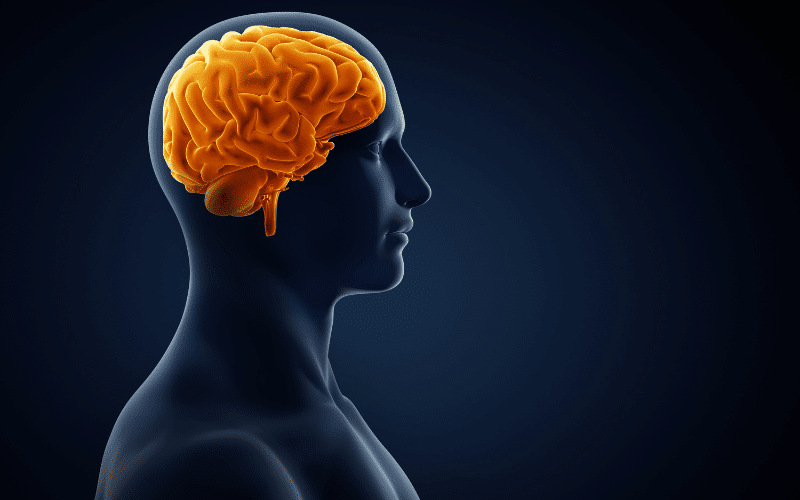Fact 4: PCA Can Impact the Ability to Perform Everyday Tasks

An effectual point to consider is how PCA influences individuals’ capacity to perform daily activities. PCA, as a neurodegenerative disorder, progressively impairs the brain’s functionality, particularly the posterior cortical regions that process visual information. This impairment can make ordinary tasks seem difficult, significantly altering the lives of those diagnosed with PCA.
PCA can affect the ability to recognize and interact with everyday objects. For instance, actions like picking up a pencil or stirring coffee with a spoon can become increasingly challenging for those afflicted. This difficulty isn’t a result of physical disability, but rather the brain’s struggle to interpret the visual information it receives.
Additionally, PCA may lead to prosopagnosia, a condition that inhibits the ability to recognize familiar faces. This impairment can be particularly distressing as individuals may not recognize their loved ones. It’s important to note that prosopagnosia isn’t a memory issue but a visual recognition problem.
Navigating through spaces can become another significant challenge for those with PCA. Despite having unimpaired eyesight, the interpretation of spatial information can be difficult, leading to misjudgments, bumping into objects, or becoming easily disoriented. This effect is a result of PCA’s impact on the brain’s spatial awareness.
Lastly, complex tasks like operating a computer or driving a car can become increasingly challenging as PCA progresses. The disease progression can necessitate certain adaptations, additional support, or eventually even the cessation of these activities. Despite these difficulties, with the right support and interventions, many individuals with PCA can continue to lead fulfilling lives. (4)